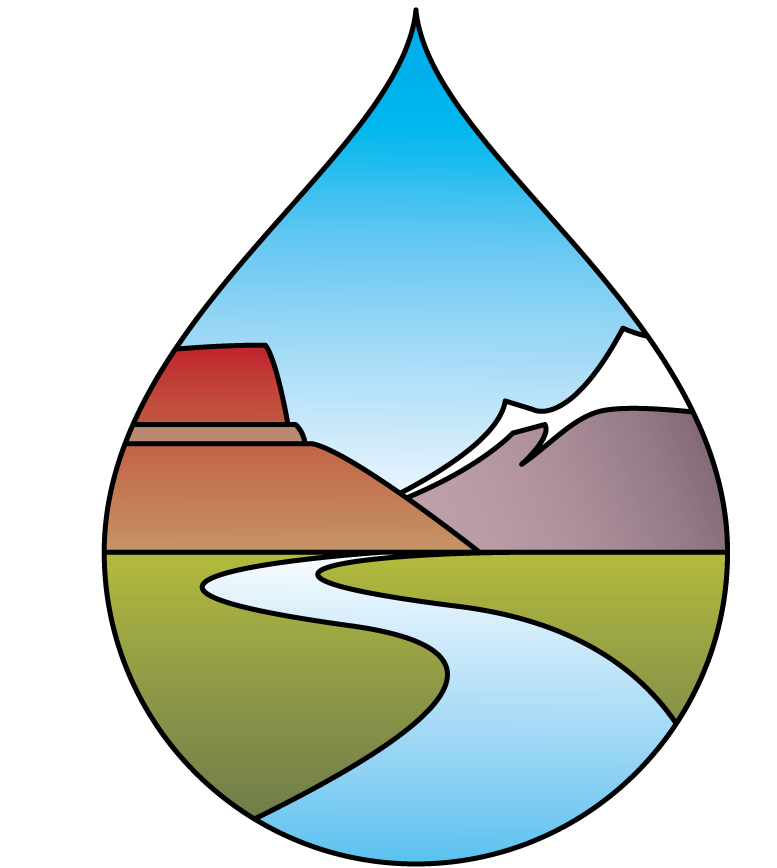#478 – Supporting Rural Water Infrastructure Needs & Projects
Position #478 (April 6, 2022)
WHEREAS, much of the West is characterized by its aridity and drought which highlights the fact that water availability is an ever present constraint defining our economic and environmental well-being and quality of life; and
WHEREAS, this is particularly true for many small rural communities struggling to meet future water supply needs and comply with present federal regulatory mandates; and
WHEREAS, the Bureau of Reclamation’s rural water program seeks to identify rural water needs and evaluate rural water supply projects and the demand for new projects; and
WHEREAS, in 2014, the Bureau of Reclamation working with other federal agencies and the Western States Water Council estimated the demand for potable water supply systems in rural areas of the 17 western States to be in the range of $5 billion to $9 billion for non-Indian projects and approximately $1.5 billion for specific Indian water supply projects; and
WHEREAS, Reclamation also estimated that the cost to complete currently authorized projects that are under construction rose from $2 billion originally authorized to $2.4 billion in 2014, and continues rising, and that given past levels of funding these priority projects will not likely be completed until well after 2065 at a cost of more than $5.8 billion; and
WHEREAS, Reclamation has released a blueprint for spending $1.66 billion annually through 2026 to implement the 2022 Bipartisan Infrastructure Law, including $420 million for rural water projects to benefit tribal and non-tribal underserved communities by providing better access to potable water;[1] and
WHEREAS, there are several rural water projects that are under construction and two new rural water projects authorized in P.L. 116-260 (one for study only and one for construction) that may be eligible for funding; and
WHEREAS, Reclamation has in the past not requested funds for grants to undertake additional appraisal investigations or feasibility studies for new rural water projects, given the significant authorized backlog and lack of federal funding[2]; and
WHEREAS, there is an important role for the States in the conduct of appraisal investigations and feasibility studies, preparation of feasibility reports, and identifying other funding sources; and
WHEREAS, with respect to funding sources, more money is needed to address rural water needs and we continue to strongly support the expenditure of Reclamation Fund revenues for their intended purposes, including rural water projects, as authorized by the Congress; and
WHEREAS, USDA’s Rural Development is a leader in helping rural communities with populations of 10,000 or less, including native Alaskan villages, tribal lands and colonias; and
WHEREAS, Rural Development’s Water & Environmental Programs (WEP) invest billions to help rural communities improve quality of life and increase economic opportunities through technical assistance and financing to develop safe drinking water, wastewater and sanitary waste disposal systems; and
WHEREAS, WEP provides water and waste disposal grants, loans, loan guarantees, predevelopment planning grants, revolving loan funds, technical assistance and training grants, emergency community water assistance grants, and a circuit rider program, as well as individual water and wastewater grants and household water well system grants; and
WHEREAS, existing federal and state rural water and wastewater programs must be coordinated to facilitate the most efficient and effective solution to meeting the water needs of non-federal project sponsors; and
WHEREAS, upgrading and replacing inadequate rural water systems may require finding new water supplies, which will entail acquiring necessary state water rights; and
WHEREAS, continuing compliance with state water laws and interstate compacts is vital; and
WHEREAS, opportunities exist to leverage non-federal funding through federal loan guarantees and other financial instruments to ensure that water districts can access private sources of financing; and
WHEREAS, water districts and individual water users depend on federal and non-federal infrastructure for their livelihood and the risk of default is minimal.
NOW THEREFORE BE IT RESOLVED that the Western States Water Council supports federal and state legislative and administrative actions to authorize and implement rural water supply projects and programs that enhance water supplies and promote economic development, through streamlined permitting processes and appropriate financing instruments, while appropriately protecting environmental resources and taxpayers.
BE IT FURTHER RESOLVED that the Western States Water Council also supports the development and implementation of appropriate soil, water and watershed conservation programs at all levels to minimize demands placed on our natural resources and ecosystems.
BE IT FURTHER RESOLVED that rural water project development should recognize and ensure consistency with state water law and regulatory authority.
[1] Bureau of Reclamation Implementation of the Bipartisan Infrastructure Law (usbr.gov).
[2] https://www.usbr.gov/ruralwater/docs/Rural-Water-Assessment-Report.pdf; pp. 6-7, 11.
Revised and Readopted
(see also Position No. 432, 3/22/2019; Position No. 390, 3/22/16; and Position No. 350, 4/5/2013)
